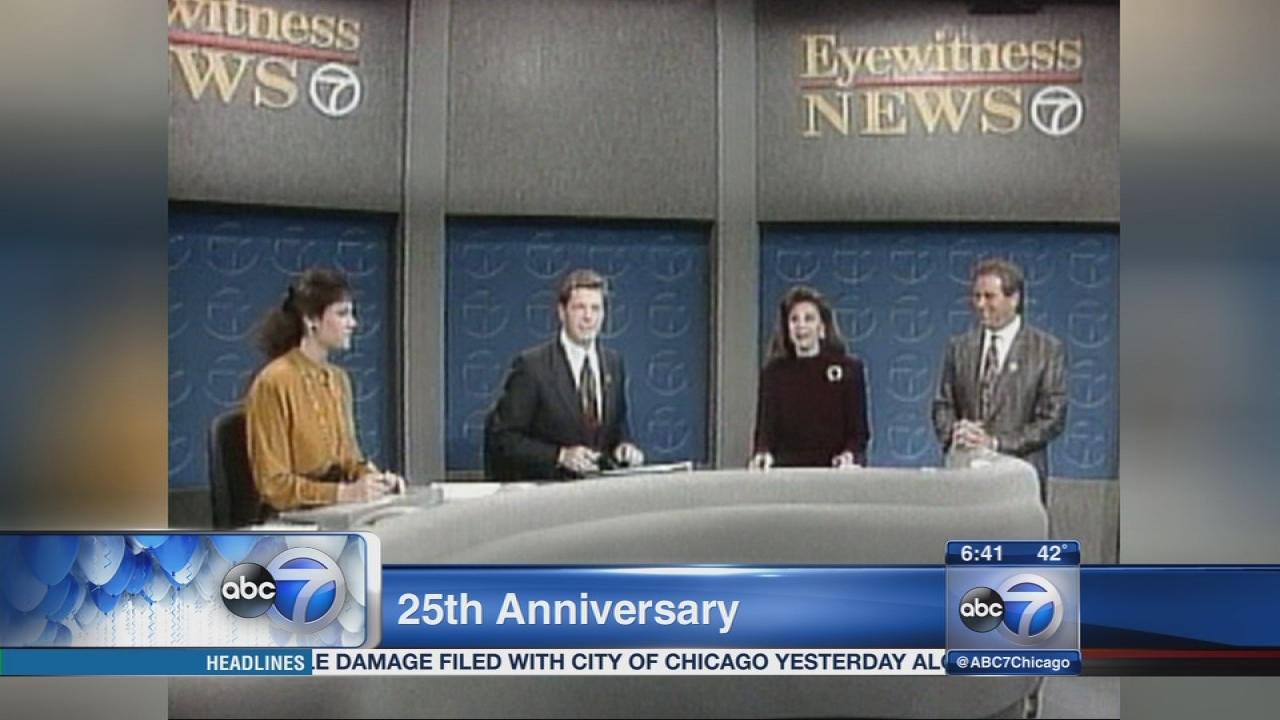
The foundation went on to say that the Muslim community was "starved of critical thinkers who can sit in the discomfort of a discussion around sexual and gender diversity without feeling that their masculinity is being threatened". With due respect, these classical scholars were not privy to the researched information around sexual orientation and gender identity available to us today, which seems to not be of paramount importance to the MJC." "Mere reliance on the classical scholarly opinions of the 9th century is not enough to base a fatwa on. The foundation said the MJC passed a similar fatwa in 2007, with, to date, no evidence of any research indicating that the MJC had exhausted all avenues in finding facts and referencing reputable research to inform their fatwa. "While the ‘short fatwa’ states that the LGBTQIA+ issue 'requires a multi-faceted discussion including religious, socio-political, educational and many other dimensions', the fatwa committee still went ahead to pass a fatwa without adequate information that informs the fatwa, without consultation with the LGBTQIA+ community around whom the fatwa is made, and without regard for any consequences the statements in the fatwa may have." The Al-Ghurbaah Foundation pointed out the "LGBTQIA+ issue" needed a multifaceted discussion on this topic. "Although there is no indication as to what may have led to the need for this fatwa (religious decree), the MJC’s Fatwa Committee chose to target the LGBTQIA+ community during Pride Month and during the release of the documentary The Radical, which recounts the stories of queer Muslims and their struggles in reconciling with Islam," said the statement. The Al-Ghurbaah Foundation has hit out at the decree, saying that the MJC chose to target the LGBTIQIA+ community during Pride Month. Our religion teaches us to hate the sin, not the sinner," the fatwa said.

"However, we must be cautious about taking all available measures to avoid spreading hatred. In the final point of the decree, the MJC said that when engaging with non-Muslims belonging to the LGBTQI community, Muslims should display good conduct and clarify the position of Islam if the context was appropriate.

The Muslim community should in no way ostracize them". The fatwa went on to say that those "who were tested with such desire and strive to uphold the law of Allah be commended for their struggle. It also said that "a person who has desire for the same sex but who does not contest the law of Allah remains Muslim," saying that they were in the same category as "someone who desires to fornicate but who does not contest the Sacred Law". The MJC went on to say that those who rejected the rulings of Allah “have taken themselves out of the fold of Islam”. The seven-point fatwa clarified that Islam’s primary sources of legislation were the Qur’an, Sunnah and Ijma – or scholarly consensus - all of which “unequivocally prohibit same-sex actions and, by extension, same-sex marriage”. In the decree, the MJC clarified its stance on homosexuality. Take a look at CBS.com reviews to make your surfing easier.JOHANNESBURG - The Al-Ghurbaah Foundation has condemned the fatwa or religious decree on homosexuality issued by the Muslim Judicial Council (MJC) earlier this week. Memory & Justice Links: The Web has a rich collection of resources on eyewtiness testimony.



 0 kommentar(er)
0 kommentar(er)
